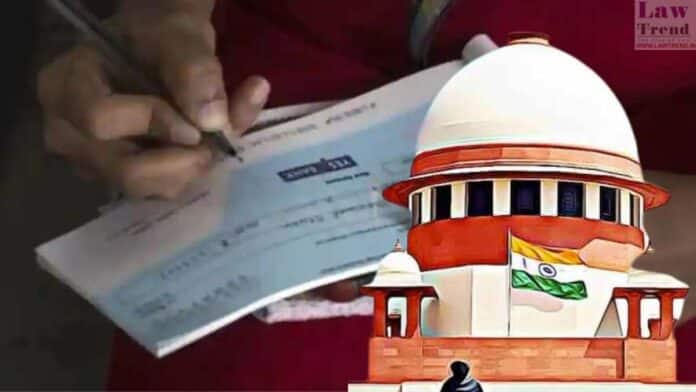In a significant ruling, the Supreme Court has held that complainants in cheque bounce cases under Section 138 of the Negotiable Instruments Act, 1881, are “victims” within the meaning of Section 2(wa) of the Code of Criminal Procedure, 1973 (CrPC), and are entitled to file appeals against acquittal under the proviso to Section 372 CrPC
To Read More Please Subscribe to VIP Membership for Unlimited Access to All the Articles, Download Available Copies of Judgments/Order, Acess to Central/State Bare Acts, Advertisement Free Content, Access to More than 4000 Legal Drafts( Readymade Editable Formats of Suits, Petitions, Writs, Legal Notices, Divorce Petitions, 138 Notices, Bail Applications etc.) in Hindi and English.




